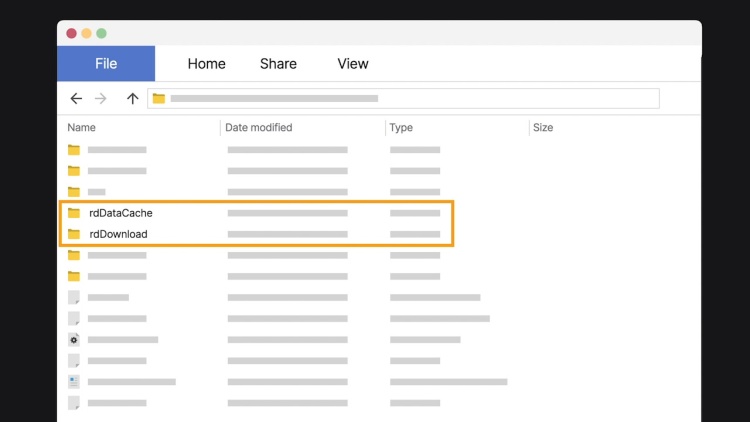State v. Barger
Oregon Supreme Court
349 Or. 553 (2011)
- Written by Craig Conway, LLM
Facts
After investigating a report that Barger (defendant) had allegedly sexually abused a child, a police officer named Sullivan spoke to Barger’s wife who allowed Sullivan to look at Barger’s computer. The computer was eventually seized by the police who made a copy of its hard drive and examined it. Police detectives found several pictures of naked children in the computer’s Internet temporary file cache. Barger was charged with eight counts of possessing or controlling a visual recording of sexually explicit conduct involving a child in violation of ORS 163.686(1)(a). Each charge was based on a separate digital image that police found in the computer’s temporary file cache. At trial, police detectives acknowledged that there was no way to know with certainty whether the images had been intentionally accessed or were the result of “pop up” advertisements or “browser redirects.” After the close of the prosecution’s case, Barger moved for a judgment of acquittal on the basis that there was no evidence to show that he had intentionally and knowingly downloaded, possessed, or controlled the images at issue. The trial judge denied Barger’s motion and he was found guilty and appealed. The court of appeals affirmed and the Oregon Supreme Court granted certiorari to review.
Rule of Law
Issue
Holding and Reasoning (Gillette, J.)
What to do next…
Here's why 907,000 law students have relied on our case briefs:
- Written by law professors and practitioners, not other law students. 47,100 briefs, keyed to 996 casebooks. Top-notch customer support.
- The right amount of information, includes the facts, issues, rule of law, holding and reasoning, and any concurrences and dissents.
- Access in your classes, works on your mobile and tablet. Massive library of related video lessons and high quality multiple-choice questions.
- Easy to use, uniform format for every case brief. Written in plain English, not in legalese. Our briefs summarize and simplify; they don’t just repeat the court’s language.





